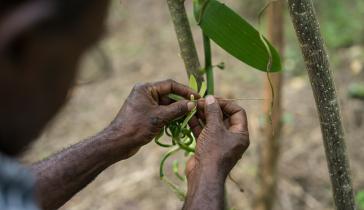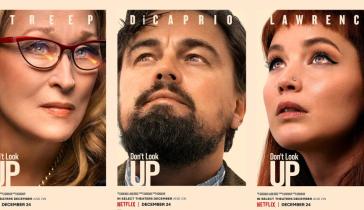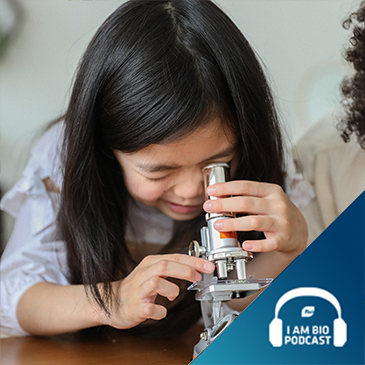When you think about the banana, what comes to mind? Banana pudding? Banana peel jokes? A banana split? Well, the history and journey of today’s banana and how it gets to our stores is covered in the latest episode of the I am BIO podcast, which explores the plight of the banana as a case study in discovering how to address some challenges in our food systems, including tools derived from biotechnology.
The simple solution until recently had been the mass use of pesticides, but overuse can render them less effective. Gene-edited bananas—more resistant to disease—are the solution of the future. “That’s something that hasn’t been emphasized, is how the use of the smart, transparent use of biotechnology can actually have created much greener environmental impact for all kinds of crops,” said Dan Koeppel, banana historian.
Anna Rath, the CEO of Vestaron, a company that produces biologic pesticides, points to several benefits of these alternatives – avoiding massively increased land use to maintain today’s crop yields, safe for fish, birds, and mammals, and no detrimental residues left behind.
Public perception of gene editing in crops, however, has not been embraced everywhere. Many countries in the European Union have bans against biotech crops. Our guests pointed to transparency among both agricultural producers and consumers as a way to help them understand more about food production.
U.S. Department of Agriculture Secretary Tom Vilsack speaks to this issue in the podcast, “Well, I think it’s really, really important, this issue of trust…It isn’t just you wake up one morning, do a few experiments, and basically say, hey, this works. This is very minutely detailed, long term work that’s done by many, many dedicated and committed scientists that moves the dial slowly but surely to a point where there is a consensus that, in fact, this technology works. This technology doesn’t create an unreasonable risk. This technology can be beneficial to people.”
Betsy Booren, Senior Vice President of Regulatory and Technical Affairs for the Consumer Brands Association, echoed the need for new technology to feed the world’s growing population, but also the need to share that information with the consumers so they better understand it, and allay any fears.
The bottom line is that widespread disease threatens many crops we enjoy every day. Biotechnology needs to be included in any conversation about how we improve sustainable and equitable food production.



.jpg?itok=5epg0qxZ)















.png)


